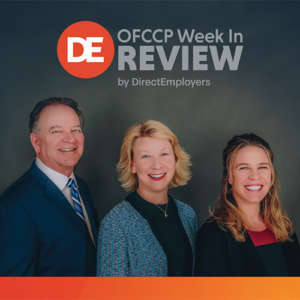
- BREAKING NEWS: Supreme Court Rules LGBT Employees are Protected from Discrimination on the Basis of Sex Under Title VII
- End of EEO-1 Component 2 Litigation Nears…
- EEOC Says “Black Lives Matter”
- ODEP and ASA Join Forces
- OSHA Published FAQs on Cloth Face Coverings
- Leen Gets One Step Closer to OPM
- NLRB Declines Jurisdiction Over Faculty at Religious Institutions
- NILG Announced Webinar Series
- ODEP Published Employer Survey Results
- EEOC Makes Progress on Wellness Programs
- EEOC (again) Updated Its COVID-19 Guidance
- EEOC Issued Federal Sector Report on Conflict Case Management
Tuesday, June 9, 2020: End of EEO-1 Component 2 Litigation Nears….

Judge Tanya S. Chutkan’s Order in the U.S. District (trial) Court for the District of Columbia had closed the EEOC’s collection of Component 2 data from employers on February 10, 2020, and the EEOC and OMB had completed Judge Chutkan’s ruling which was at issue on appeal.
Tuesday, June 9, 2020: EEOC Says “Black Lives Matter”

The resolution, unanimously approved by the three current Commissioners, summarizes to say, “THEREFORE, BE IT RESOLVED THAT — the EEOC condemns the violence that has claimed the lives of so many Black persons in America and joins in mourning the senseless deaths of George Floyd, Breonna Taylor, Ahmaud Arbery, and countless others; expresses our heartfelt sympathy to their families; and commits to redouble our efforts to address institutionalized racism, advance justice, and foster equality of opportunity in the workplace.”
Wednesday, June 10, 2020: ODEP and ASA Join Forces
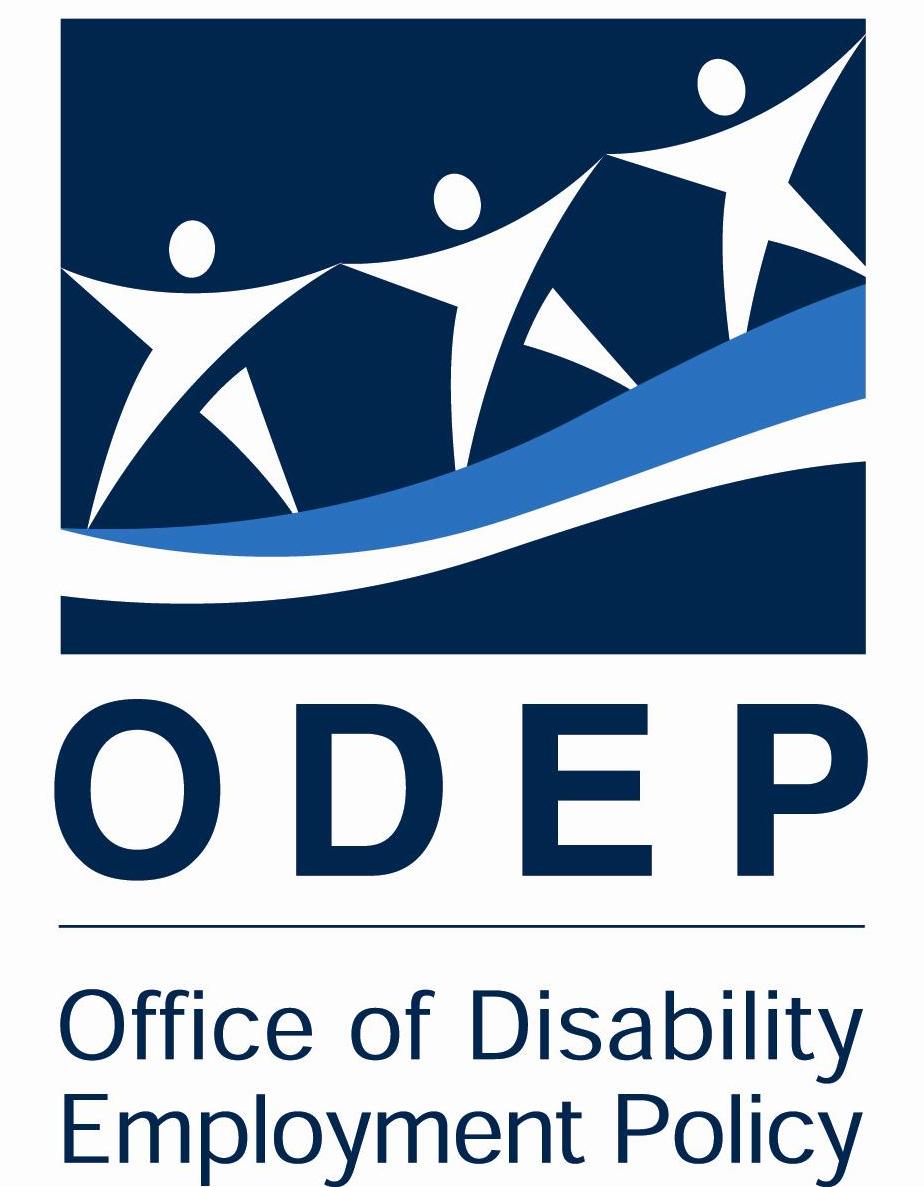
Through this alliance, ODEP and ASA will collaborate to educate the ASA’s membership and aid them to create inclusive workplaces for individuals with disabilities. Since 2006, ODEP’s alliance initiative has helped employer organizations develop and apply model policies and efforts to increase the recruitment, hiring, retention, and career advancement of individuals with disabilities.
ODEP is the only non-regulatory federal agency that promotes policies and coordinates with employers and all levels of government to increase workplace success for individuals with disabilities. Learn more about ODEP.
Wednesday, June 10, 2020: OSHA Published FAQs on Cloth Face Coverings
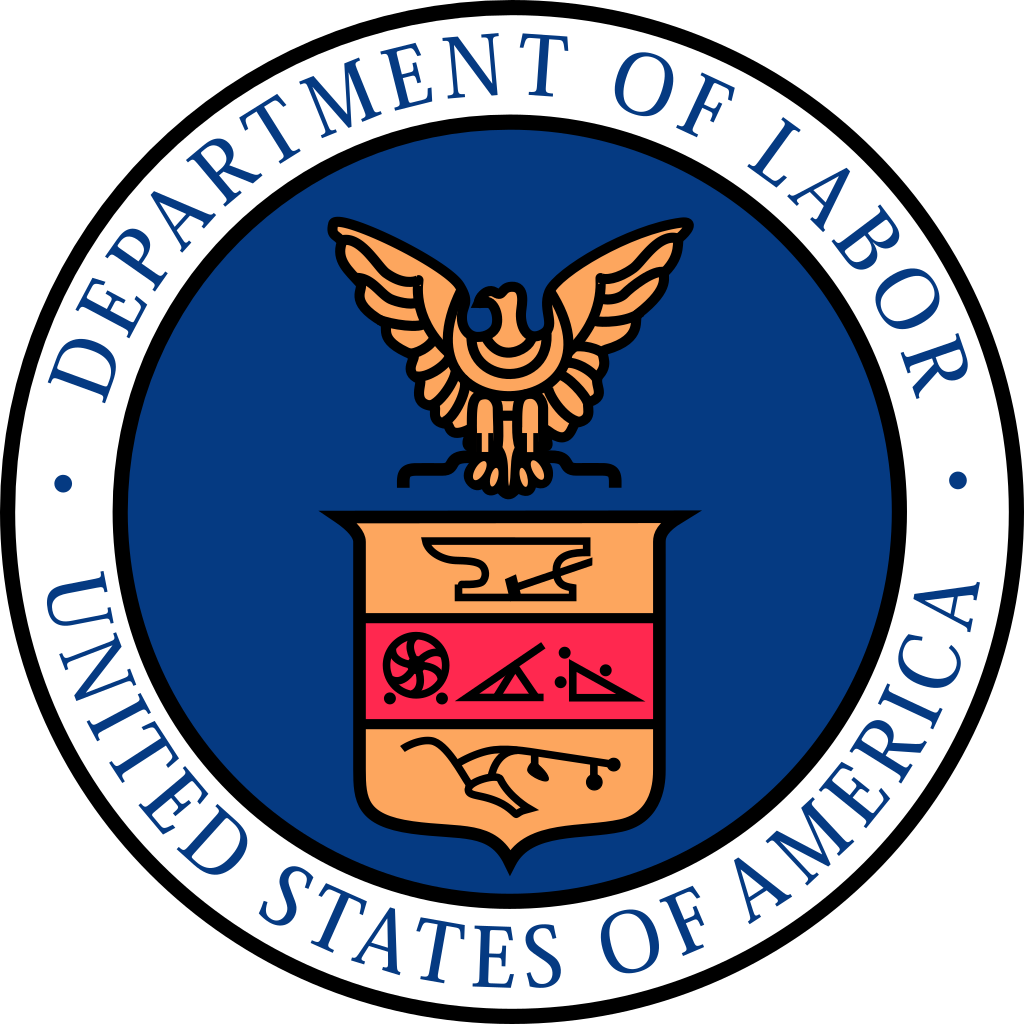
The new guidance answers the following questions:
- What are the key differences between cloth face coverings, surgical masks, and respirators?
- Are employers required to provide cloth face coverings to employees?
- Should employees wear a face cloth covering while at work, in accordance with the Centers for Disease Control Prevention recommendation for all people to do so while in public?
- If employees wear cloth face coverings, do employers still need to ensure social distancing measures in the workplace?
- If I wear a reusable cloth face covering, how should I keep it clean?
Are surgical masks or cloth face coverings acceptable respiratory protection in the construction industry, when respirators would be needed but are not available due to the COVID-19 pandemic?
Wednesday, June 10, 2020: Leen Gets One Step Closer to OPM
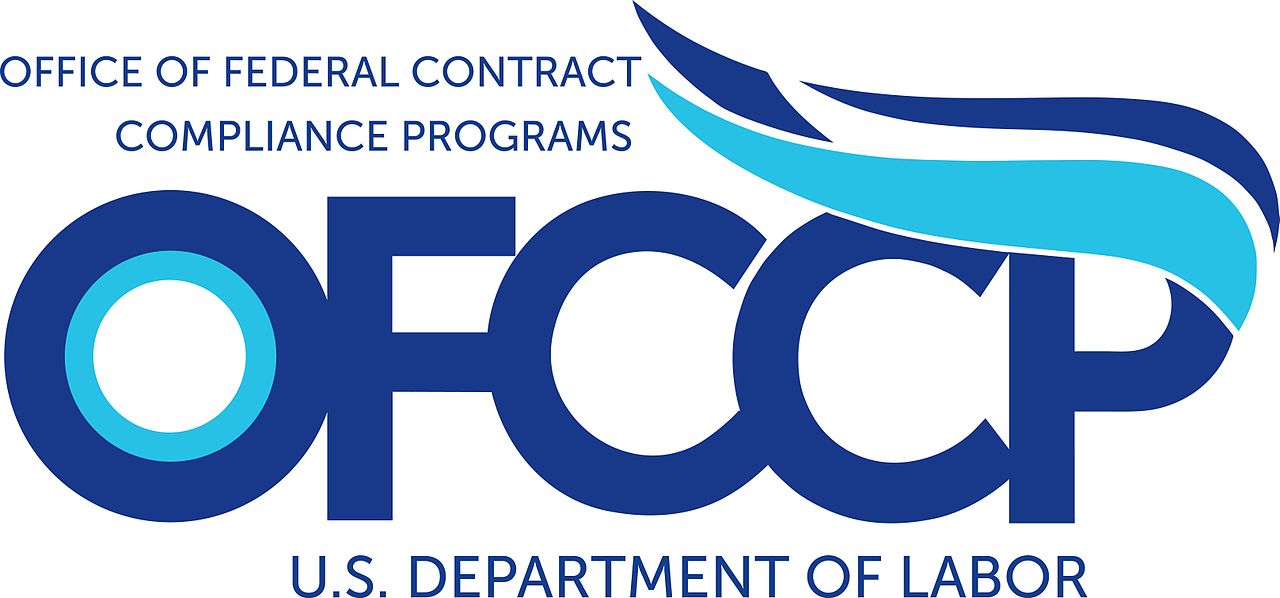
Wednesday, June 10, 2020: NLRB Declines Jurisdiction Over Faculty at Religious Institutions
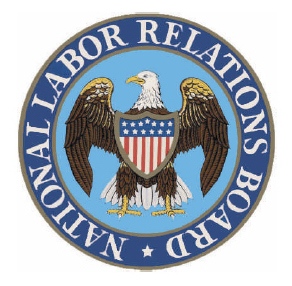
Under the Great Falls test, the Board “must decline to exercise jurisdiction” over faculty at an institution that (a) “holds itself out to students, faculty, and community as providing a religious educational environment;” (b) is “organized as a nonprofit;” and (c) is “affiliated with, or owned, operated, or controlled, directly or indirectly, by a recognized religious organization, or with an entity, membership of which is determined, at least in part, with reference to religion.”
Thursday, June 11, 2020: NILG Announced Webinar Series

- Tuesday, August 11, 2020, from 2:00 pm – 3:15 pm EST for “21st Century: Video, Online and Biometrics Considerations” presented by Candee Chambers (DirectEmployers) and Rosemary Cox (DCI)
- Finale on Thursday, August 27, 2020, from 2:00 – 3:15 pm EST with John Fox speaking on his trademark presentation: “Recent Significant OFCCP Developments”
Thursday, June 11, 2020: ODEP Published Employer Survey Results

- a detailed analysis of federal contractors and non-federal contractors and how they “Implemented Disability Inclusion in their Workplace Policies and Practices,”
- the results of how effective companies’ reasonable accommodations and accessibility policies are in the “Implementation and Effectiveness of Disability-Inclusive Workplace Practices and Policies Brief,”
- the results of “Employer Practices and Attitudes toward the Employment of People with Disabilities.”
Thursday, June 11, 2020: EEOC Makes Progress on Wellness Programs

Drafted in response to a decision by the U.S. District Court for the District of Columbia that vacated a portion of EEOC’s previous ADA regulation on the matter (See AARP v. EEOC, 267 F. Supp. 3d 14 (D.D.C. 2017)), the NPRM is a “to-do” item on President Trump’s Spring Regulatory Agenda, released in May 2019.
The dilemma at hand is that the Health Insurance Portability and Accountability Act (HIPAA), as amended by the Affordable Care Act, allows employers to offer incentives up to 30% of the total cost of the employee’s health insurance to encourage participation in certain types of wellness programs. However, the ADA requires that employee participation in a wellness program that includes medical questions and exams be “voluntary.”
Although the NPRM is not yet public, the EEOC nonetheless released the following announcement: “In the absence of any ADA statutory definition of “voluntary,” the NPRM proposes that for most wellness programs employers may offer no more than a de minimis incentive to encourage participation, and must meet other requirements, to comply with the ADA. Certain wellness programs, however, will be permitted to offer the maximum allowed incentive under the 2013 HIPAA regulations.”
The EEOC will soon send the NPRM to the Office of Management and Budget (“OMB”) for review. If approved, OMB will then allow the the EEOC to publish the NPRM for public review and comment. Stay tuned!
Thursday, June 11, 2020: EEOC (again) Updated Its COVID-19 Guidance

The latest additions are as follows. See the full publication for answers, examples, and additional guidance.
Section D. Reasonable Accommodations
D.13. Is an employee entitled to an accommodation under the ADA in order to avoid exposing a family member who is at higher risk of severe illness from COVID-19 due to an underlying medical condition?
Section E. Pandemic-Related Harassment Due to National Origin, Race, or Other Protected Characteristics
E.3. How may employers respond to pandemic-related harassment, in particular against employees who are or are perceived to be Asian?
E.4. An employer learns that an employee who is teleworking due to the pandemic is sending harassing emails to another worker. What actions should the employer take?
Section G. Return To Work
G.6. As a best practice, and in advance of having some or all employees return to the workplace, are there ways for an employer to invite employees to request flexibility in work arrangements?
G.7. What should an employer do if an employee entering the worksite requests an alternative method of screening due to a medical condition?
Section H. Age (New)
H.1. The CDC has explained that individuals age 65 and over are at higher risk for a severe case of COVID-19 if they contract the virus and therefore has encouraged employers to offer maximum flexibilities to this group. Do employees age 65 and over have protections under the federal employment discrimination laws?
Section I. Caregivers/Family Responsibilities (New)
I.1. If an employer provides telework, modified schedules, or other benefits to employees with school-age children due to school closures or distance learning during the pandemic, are there sex discrimination considerations?
Section J. Pregnancy (New)
J.1. Due to the pandemic, may an employer exclude an employee from the workplace involuntarily due to pregnancy?
J.2. Is there a right to accommodation based on pregnancy during the pandemic?
Friday, June 12, 2020: EEOC Issued Federal Sector Report on Conflict Case Management

Highlighted best practices for agencies include:
- providing a clear definition of a conflict case;
- creating written policies and Standard Operating Procedures (SOPs);
- ensuring confidentiality;
- creating detailed Memorandums of Understanding (MOUs) between agencies who agree to process the other’s conflict cases mutually;
- delegation of writing a Final Agency Action.
Monday, June 15, 2020: BREAKING NEWS: Supreme Court Rules LGBT Employees are Protected from Discrimination on the Basis of Sex Under Title VII
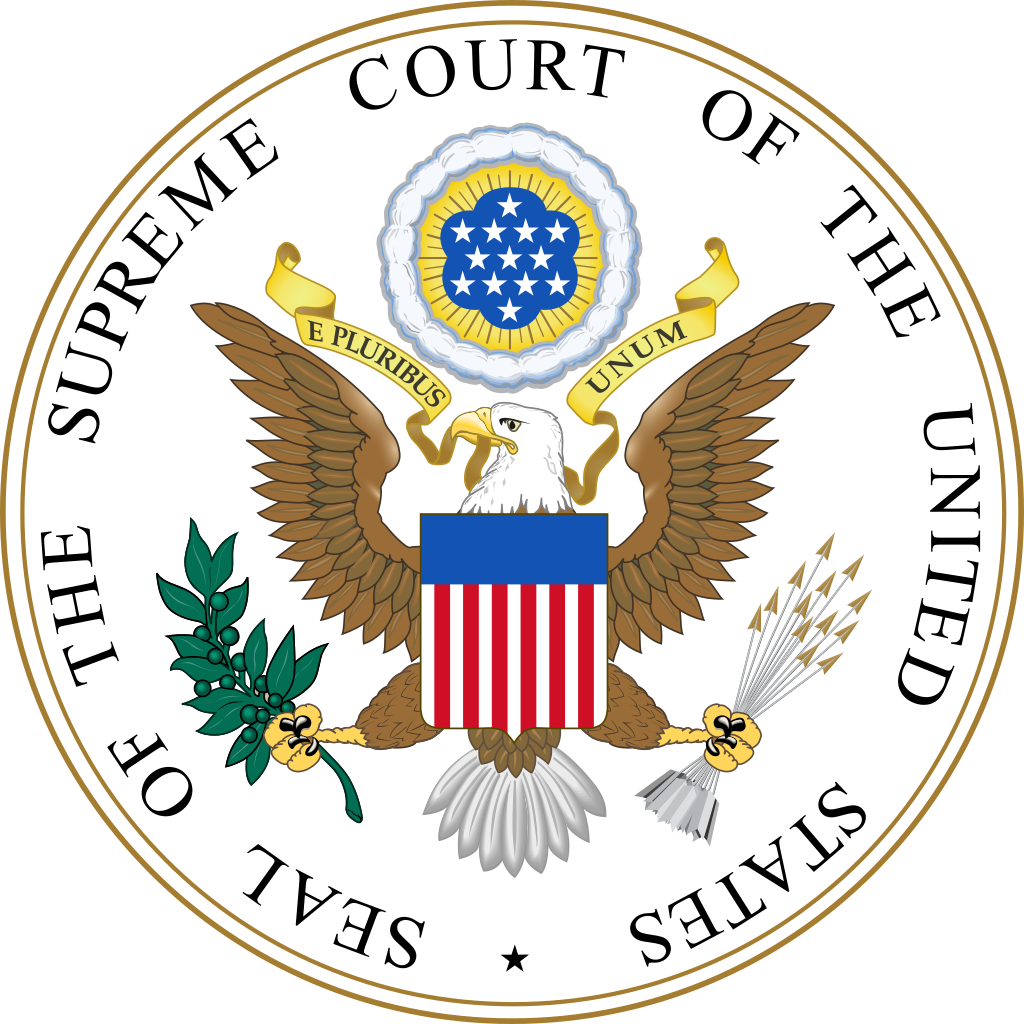
NOTE: The Court consolidated three cases in issuing its single decision as to all three cases: two cases pertained to workplace protections based on sexual orientation (i.e. gay and lesbian rights issue (Bostock v. Clatyon County, Georgia, Case No. 17-1618, and Altitude Express, Inc., et al. v. Zarda, et al., Case No. 17-1623), and one case pertained to employment rights based on gender identity (i.e. transgender protection issue) (R.G. & G.R. Harris Funeral Homes, Inc. v. Equal Employment Opportunity Commission, et al., Case No. 18-107).
Writing for the majority, Justice Neil Gorsuch, and joined by Chief Justice John Roberts, reasoned that because discrimination on the basis of homosexuality or transgender status requires an employer to intentionally treat individual employees differently because of their sex, an employer who intentionally penalizes an employee for being homosexual or transgender also violates Title VII. Rejecting arguments that homosexuality and transgender status are distinct concepts from sex, Justice Gorsuch identified legal precedent that expanded protections based on sex, such as being able to bear children (Phillips v. Martin Marietta Corp., 400 U.S. 542) and same sex sexual harassment (Oncale v. Sundowner Offshore Services, Inc., 523 U.S. 75), to assert that homosexuality and transgender status is based in part on one’s “sex,” and that discrimination in this regard “necessarily and intentionally applies sex-based rules.” Justice Gorsuch also relied on the Congressional intent to apply Title VII as broadly as possible in the context of prohibiting discrimination to support inclusion of LGBT protections, even if not explicitly stated or imagined at the time of Title VII’s passage.
In the two written dissents, one by Justice Samuel Alito (joined by Justice Clarence Thomas) and one by Justice Brett Kavanaugh, the dissenting justices did not object based on the goal sought in extending Title VII protections to LGBT employees, but rather that extending non-discrimination protections is appropriately the work of Congress and that the U.S. Supreme Court is an improper avenue by which to enact changes to legislation.
Today’s ruling by the U.S. Supreme Court cements federal protections that the Equal Employment Opportunity Commission (“EEOC”) under the Obama Administration advocated in 2015. Specifically, the EEOC, the federal agency tasked with enforcing Title VII, has held the position that gay and transgender applicants and employees were federally protected from unlawful discrimination, believing that treating a man who is attracted to men differently from a woman who is attracted to men (or vice versa) is unlawful discrimination. Likewise, OFCCP issued in 2016 a Final Sex Discrimination Rule making employment discrimination based on sexual orientation and gender identity unlawful pursuant to Executive Order 11246.
Today’s ruling makes into law the EEOC’s stated policy position, and provides federal protections in the 29 states that currently do not provide for gay and/or transgender protections under state law (21 states, the District of Columbia, and the U.S. territories of Puerto Rico and Guam already have statutes that protect against both sexual orientation and gender identity discrimination in employment in the public and private sectors). Moving forward, this will require employers not already subject to state law protections for sexual orientation and gender identity to update anti-discrimination and anti-harassment policies in their handbooks, and prohibits the consideration of a worker’s sexual orientation or gender identity in making employment decisions.
THIS COLUMN IS MEANT TO ASSIST IN A GENERAL UNDERSTANDING OF THE CURRENT LAW AND PRACTICE RELATING TO OFCCP. IT IS NOT TO BE REGARDED AS LEGAL ADVICE. COMPANIES OR INDIVIDUALS WITH PARTICULAR QUESTIONS SHOULD SEEK ADVICE OF COUNSEL.
SUBSCRIBE.
Compliance Alerts
Compliance Tips
Week In Review (WIR)
Subscribe to receive alerts, news and updates on all things related to OFCCP compliance as it applies to federal contractors.
OFCCP Compliance Text Alerts
Get OFCCP compliance alerts on your cell phone. Text the word compliance to 55678 and confirm your subscription. Provider message and data rates may apply.


